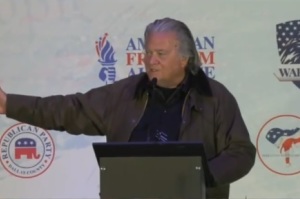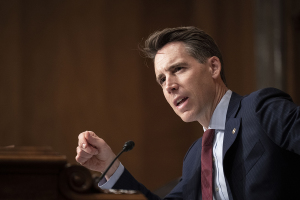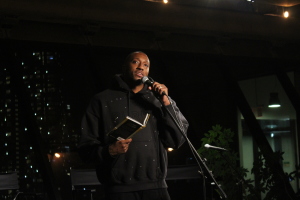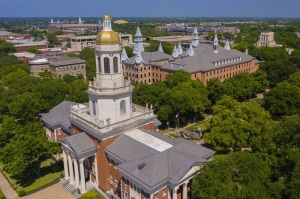Obama Should Have Been Behind Bars!
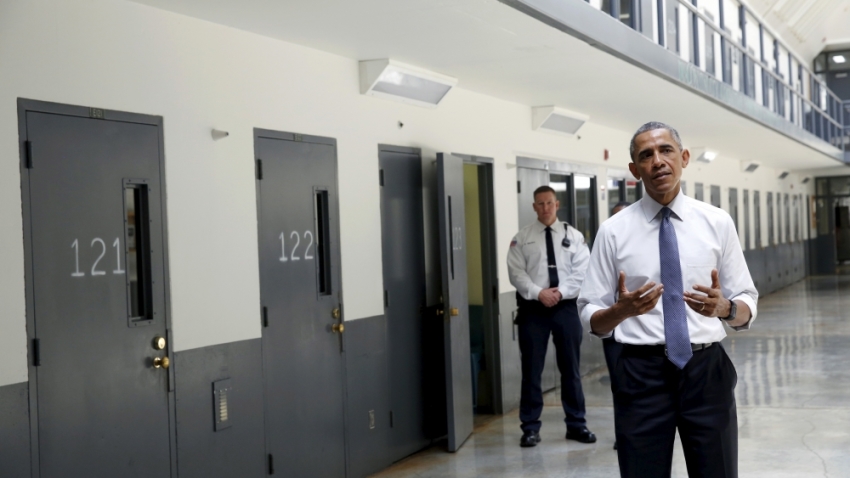
This summer, President Obama made history by becoming the first sitting president to visit a federal prison. He met with inmates at the Federal Corrections Institute in El Reno (30 miles west of Oklahoma City), listening to their stories and sharing his own. The President was right to visit the prison and to advocate reviewing how Americans view our criminal justice process.
Earlier in the week in a speech to the NAACP, he spoke about criminal justice reform and rightly focused on the role of mandatory minimum sentences for drug crimes and "three strikes" laws in creating our burgeoning prison population. After noting that locking up violent criminals has indeed caused a decline in violent crime, he pointed out:
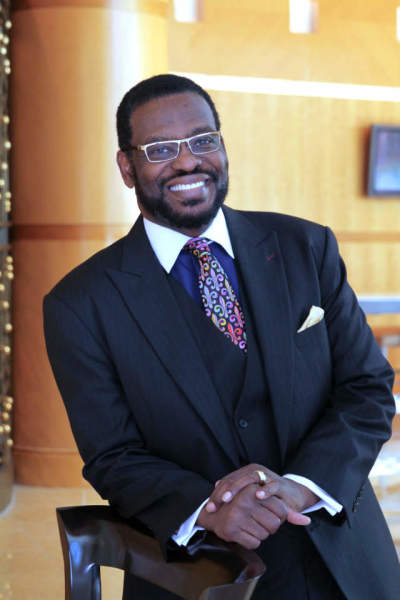
"But here's the thing: Over the last few decades, we've also locked up more and more nonviolent drug offenders than ever before, for longer than ever before. And that is the real reason our prison population is so high. In far too many cases, the punishment simply does not fit the crime. If you're a low-level drug dealer, or you violate your parole, you owe some debt to society. You have to be held accountable and make amends. But you don't owe 20 years. You don't owe a life sentence. That's disproportionate to the price that should be paid."
He also correctly observed that young people face very different consequences for their actions, depending on their race and socioeconomic background. And most honest people would agree that middle and upper class children have a much wider support system to help them bounce back from the sins of their youth.
The original idea behind such strict sentencing practices was to demonstrate that the government was serious about enforcing drug laws with the ultimate goal of dissuading people from participating in the drug trade. But such laws have simply failed to have the intended effect. These measures, which have cost the federal government billions each year (and state and local governments billions more), have not been shown to reduce either drug use or drug trafficking.
Most illegal drugs are extremely cheap to produce; their illegality is what artificially inflates their street value. In this way, harsh drug laws unintentionally fill the coffers of drug kingpins, and even some terrorist groups, all over the world. According to the World Health Organization, while our drug penalties are among the harshest, America's rates of marijuana and cocaine use are among the highest in the world. It is long past time to revisit and reconsider these laws.
Thankfully, bipartisan momentum is building for criminal justice reform. I've already written in support of the REDEEM Act, a bill cosponsored by Senators Cory Booker (D-NJ) and Rand Paul (R-KY). The act would greatly reduce the obstacles that nonviolent offenders face upon reentry to society by sealing juvenile records of crimes committed before the age of 15. It would also allow other non-violent offenders (who offended beyond the age of 15) to petition the court to have criminal records sealed. This would remove many barriers to employment and housing, helping those who want to change to rebuild their lives.
The apparent racial disparities in sentencing are not lost on Senator Paul. In a June interview with the Washington Post, Paul explained, "Three out of four people in prison for drugs are black or brown … when you look at polls, white kids use drugs just as much as black and brown kids, but white kids aren't going to jail at nearly the [same] rate."
Paul went on to point out that monetary grants are awarded for achieving particular conviction rates, which incentivizes police departments to look for the easiest convictions. Poorer children are more likely to use drugs outside or in a public place, as opposed to wealthier suburban children who can more easily use drugs in a home. Wealthier children are also much more likely to have parents who will be willing and able to foot the bill for an expensive lawyer to fight any charges brought, making it more expensive for police to pursue the case. Some of the anger and anti-police rhetoric we are seeing around the nation has its roots in a feeling that many younger black and brown citizens are being permanently barred from participation in the American dream because of a criminal record based on youthful indiscretions.
Almost no one is proposing lighter sentences for those convicted of murder, sexual assault or other violent crimes. But individuals who commit crimes as children — crimes which are often no more serious than those committed by their wealthier counterparts — should not be condemned for life.
I am excited to see proposals from leaders from both parties that explore ways to reduce the non-violent prison population, offer a fresh start to young, non-violent offenders and help former inmates have a better shot at a new life.
Even as we face the prospect of many of these individuals reentering society, the Church must step up its efforts to help lead the way to personal renewal. I believe we can and will rise to the occasion, offering mentorship programs, vocational training, tutoring and family support. Together, we can prevent another generation from becoming hopelessly marginalized and offer new hope for the future.















